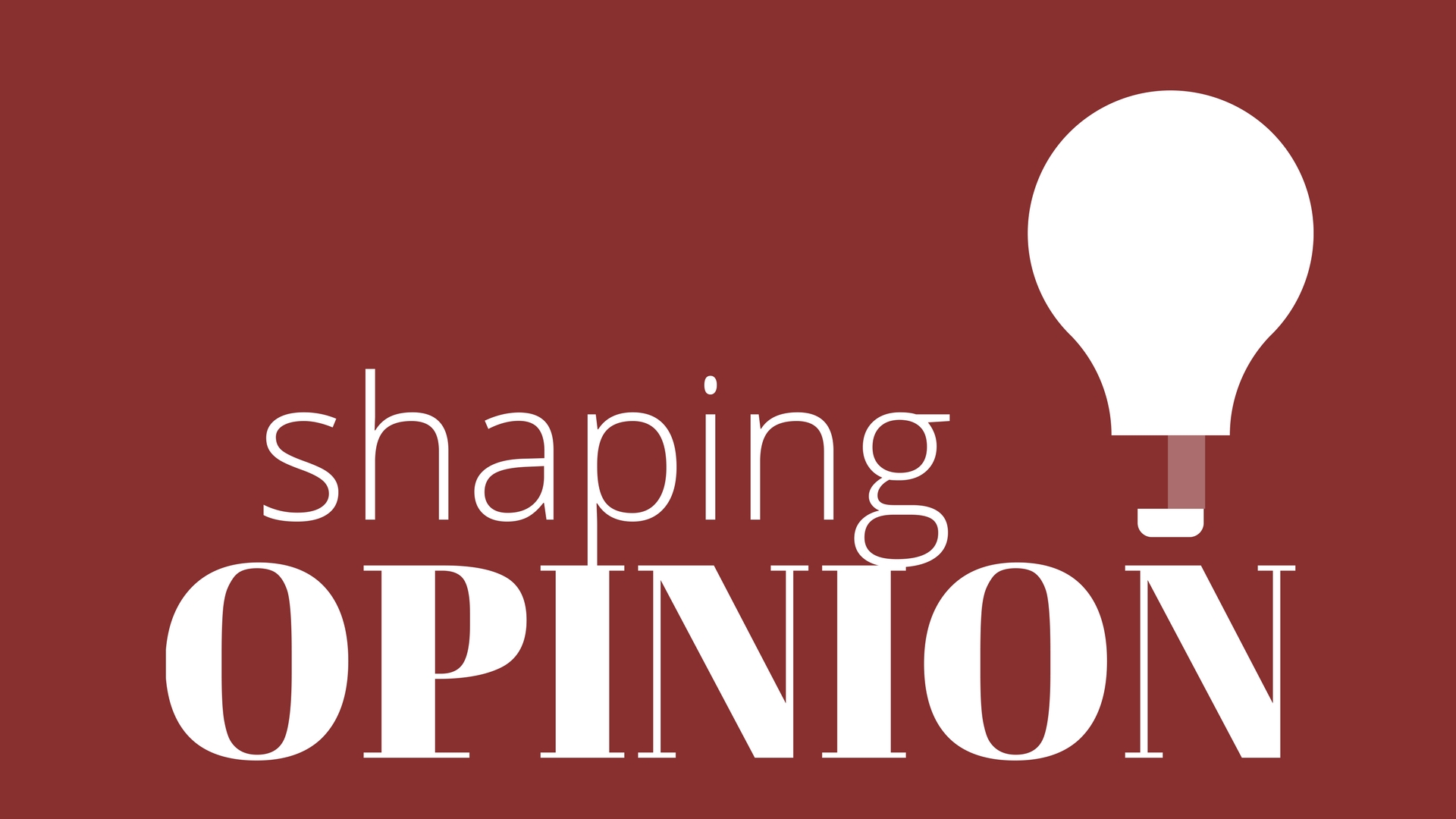September 11: An NYPD Story
Retired NYPD detective Chris O’Connor joins Tim to tell his story of September 11, 2001 at the World Trade Center in New York. Chris was within walking distance from the World Trade Center when the first plane hit. We talk with Chris about his story and the story of many first responders who continue to live with the after-effects of 9/11.




